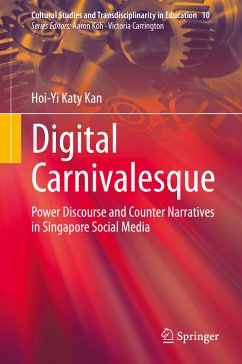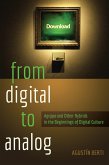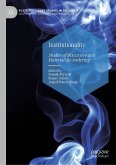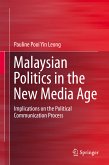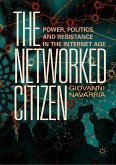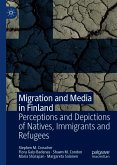Drawing from critical theory and cultural studies, this book takes an interdisciplinary approach in formulating a contemporary view of power that reflects social realities not only in the digital economy but also in a world that is increasingly authoritarian. With the proposition of newer theoretical lenses in this book, scholars and social scientists can then find a way to shift the conversation to uncover the evolving voices of (existing and newer) power holders in the shared digital space; and to view current social realities as a continual project in unpacking and understanding the adaptive ways of the human spirit.
This is an important study of the conduct of power relations in Singapore's social media discourse. Katy Kan weaves together major works by socio-political thinkers to make sense of the way digital discourses in Singapore both enable and challenge social, cultural and political narratives - and considers how this is sagaciously managed by the government.
Terence Lee, Associate Professor in Communication, Murdoch University
Theorizing the notion of power in the ever changing and shifting dynamics of the digital realm is always challenging. Katy Kan's processing of critical theory however presents a powerful lens to unpack power relations in one of the most digitally connected countries in the world - Singapore.
Catherine Gomes, Associate Professor, School of Media and Communication, RMIT University
Dieser Download kann aus rechtlichen Gründen nur mit Rechnungsadresse in A, B, BG, CY, CZ, D, DK, EW, E, FIN, F, GR, HR, H, IRL, I, LT, L, LR, M, NL, PL, P, R, S, SLO, SK ausgeliefert werden.

